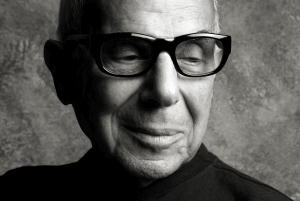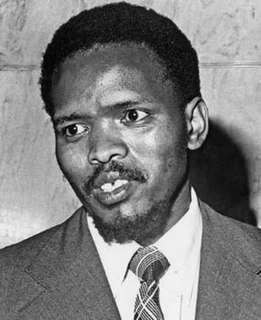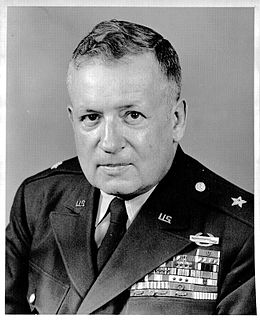A Quote by George Santayana
The pride of the artisan in his art and its uses is pride in himself...It is in his skill and ability to make things as he wishes them to be that he rejoices.
Related Quotes
Christ wishes to raise men up to heaven, and has given them all the means to attain this; whilst the Devil, who himself for his pride was cast down from heaven into the dominions of the air, wishes by every means to attach men to earthly,- sensual, transitory things, and, in order to attain this end, he employs the most powerful, most prodigious means.
There is not a manufacturer or tradesman in existence, who would not employ a man who takes a reasonable degree of pride in the appearance of himself and those about him, in preference to a sullen, slovenly fellow, who works doggedly on, regardless of his own clothing and that of his wife and children, and seeming to take pleasure or pride in nothing.
Nothing about his life is more strange to [man] or more unaccountable in purely mundane terms than the stirrings he finds in himself, usually fitful but sometimes overwhelming, to look beyond his animal existence and not be fully satisfied with its immediate substance. He lacks the complacency of the other animals: he is obsessed by pride and guilt, pride at being something more than a mere animal, built at falling short of the high aims he sets for himself.
The native American has been generally despised by his white conquerors for his poverty and simplicity. They forget, perhaps, that his religion forbade the accumulation of wealth and the enjoyment of luxury... Furthermore, it was the rule of his life to share the fruits of his skill and success with his less fortunate brothers. Thus he kept his spirit free from the clog of pride, cupidity, or envy, and carried out, as he believed, the divine decree-a matter profoundly important to him.
Yes, there is something in me hateful, repulsive," thought Ljewin, as he came away from the Schtscherbazkijs', and walked in the direction of his brother's lodgings. "And I don't get on with other people. Pride, they say. No, I have no pride. If I had any pride, I should not have put myself in such a position".
It becomes more necessary to see the truth as it is if you realise that the only vehicle for change are these people who have lost their personality. The first step therefore is to make the black man come to himself; to pump back life into his empty shell; to infuse him with pride and dignity, to remind him of his complicity in the crime of allowing himself to be misused and therefore letting evil reign supreme in the country of his birth.
A man who took great pride in his lawn found himself with a large crop of dandelions. He tried every method he knew to get rid of them. Still they plagued him. Finally he wrote the department of agriculture. He enumerated all the things he had tried and closed his letter with the question: "What shall I do now?" In due course the reply came: "We suggest you learn to love them."



































